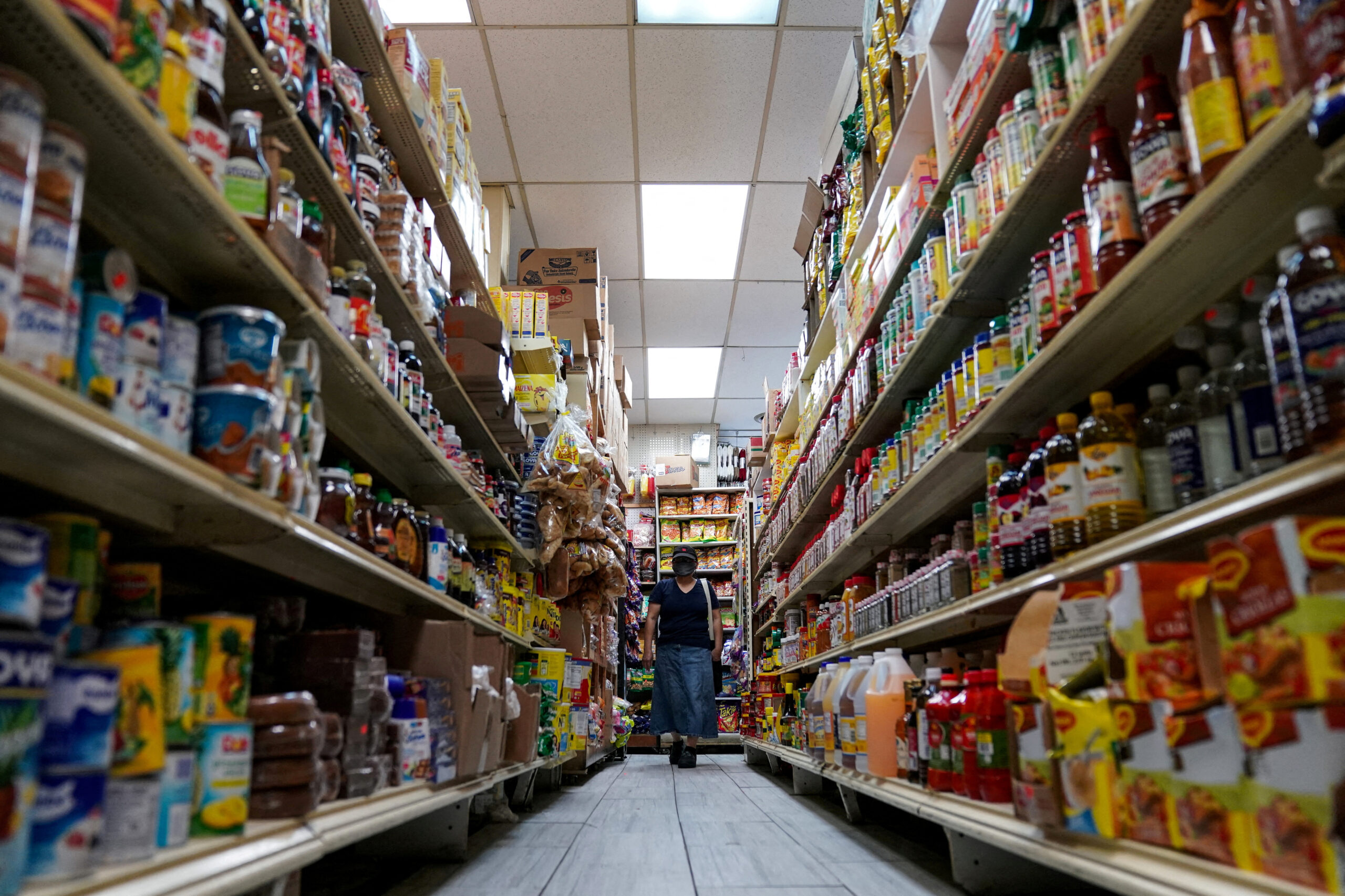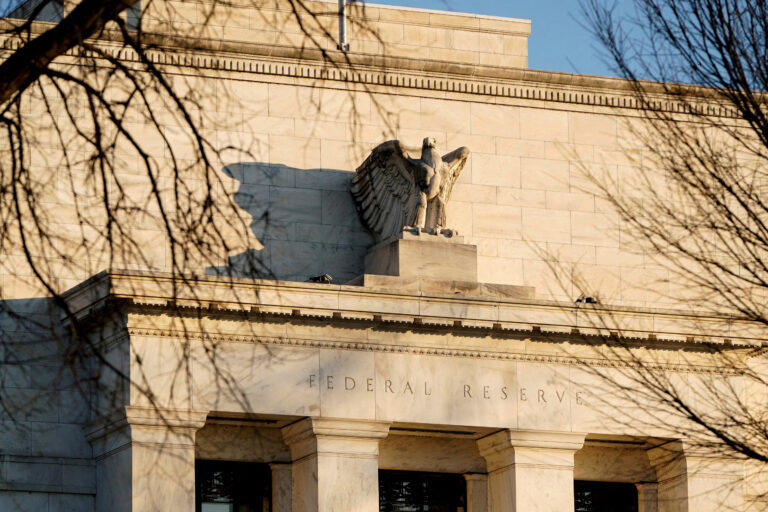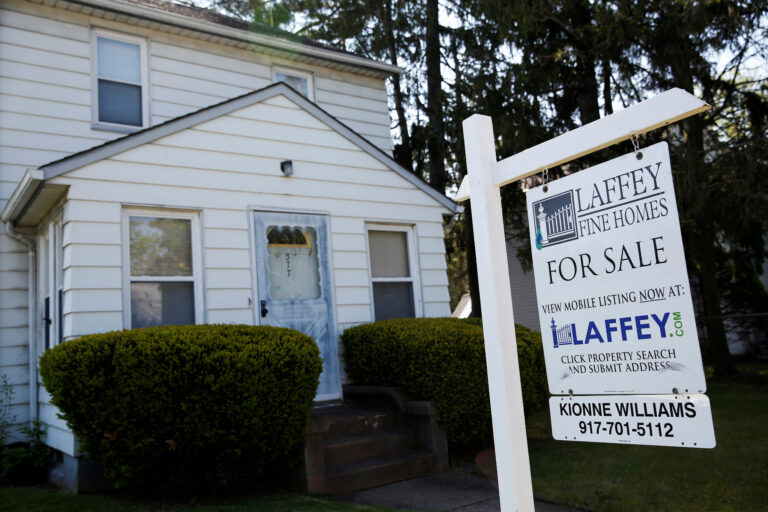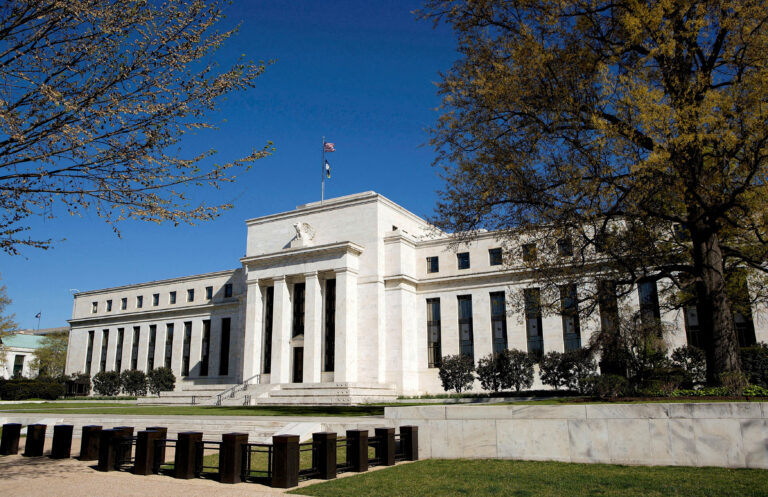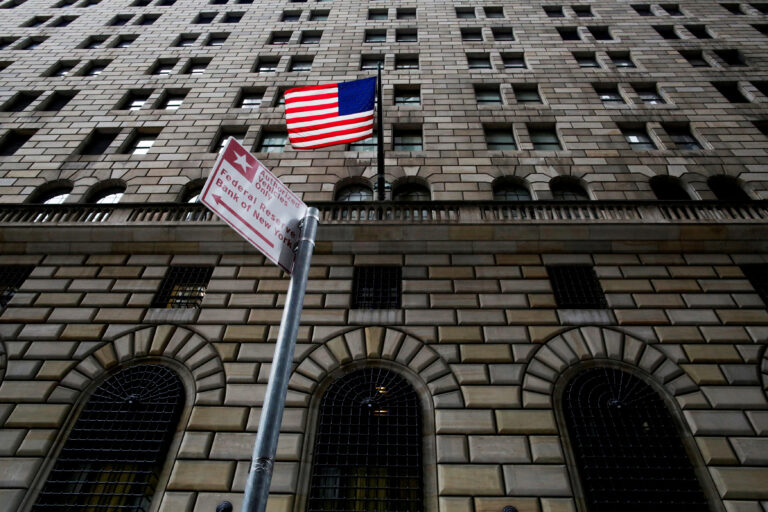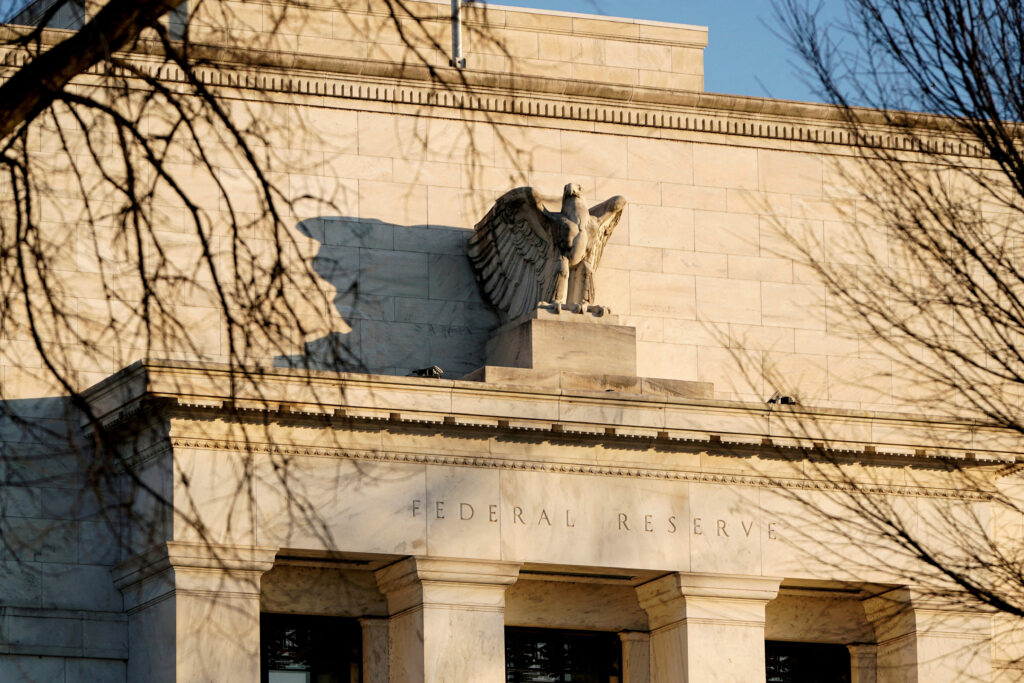U.S. consumer sentiment rose in August, driven by developments in the race for the White House, while inflation expectations remained unchanged over the next year and beyond, a survey showed on Friday.
The University of Michigan’s preliminary reading on the overall consumer sentiment index came in at 67.8 this month, compared to a final reading of 66.4 in July. Economists polled by Reuters had forecast a preliminary reading of 66.9.
In terms of the Nov. 5 U.S. presidential election, the survey noted that sentiment for those who identified as Democrats jumped 6% in the wake of President Joe Biden’s decision to drop out of the race and Vice President Kamala Harris’ emergence as the party’s presidential nominee, the first rise since March.
For Republicans, sentiment declined 5% in August to the lowest level since last November. Sentiment among those who self-identified as independent voters, whose views of the economy so far this year have more closely aligned with the sour view of Republicans, rose 3%, the first increase since January.
The survey, the first conducted outside the period when Biden withdrew from the race on July 21, also showed that 41% of consumers viewed Harris as the better candidate for the economy, while 38% chose Republican nominee Donald Trump. Between May and July, Trump held a five-point advantage over Biden on the economy.
“Overall, expectations strengthened for both personal finances and the five-year economic outlook, which reached its highest reading in four months, consistent with the fact that election developments can influence future expectations but are unlikely to alter current assessments,” Joanne Hsu, the director of the University of Michigan’s Surveys of Consumers, said in a statement.
The survey’s reading of one-year inflation expectations was unchanged at 2.9% in August, matching the reading in July. Its five-year inflation outlook remained at 3.0% for the fifth straight month.
Earlier this week, an alternative sentiment survey run by the New York Federal Reserve showed medium-term inflation expectations eased substantially among consumers in July, even as their near- and longer-term outlooks for price pressures held steady.
(Source: ReutersReuters)
Maria Reed is a financial journalist with a passion for covering US equities. She joined the ABBO News team in June 2023. Maria holds an M.S. degree in International Economics and Finance from Otto-von-Guericke University in Magdeburg and is a CFA Level 2 candidate. Read Full Bio
